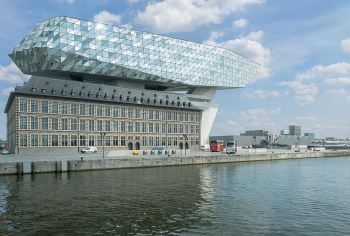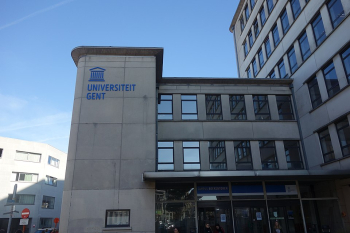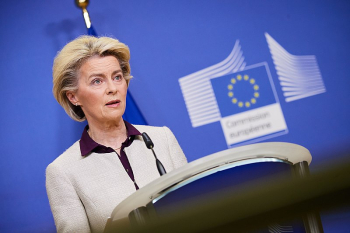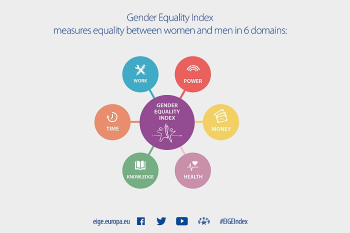
According to data from 2021, 6.1% of young people aged 15-29 in the European Union (EU) were severely materially and socially deprived, while the rate for the total population
was slightly higher at 6.3%. This indicates that a significant number of young people in the EU are experiencing severe deprivation in terms of both material resources and social support.
The countries with the highest proportion of young people who were severely materially and socially deprived were Romania, Bulgaria, and Greece, with rates of 23.1%, 18.7%, and 14.2%, respectively. On the other hand, in 11 of the 26 EU member states with available data, the proportion of severely deprived young people was less than 3%. These countries included Luxembourg, Poland, Sweden, Cyprus, Czechia, Netherlands, Croatia, Slovenia, Finland, Austria, and Estonia.
In terms of the at-risk-of-poverty rate, young people aged 15-29 in the EU were more likely to be at risk of poverty than the total population, with a rate of 20.1% compared to 16.8%. This was the case in 19 EU countries, with Denmark and Sweden showing the largest gap between the two rates. In Denmark, 12.3% of the total population was at risk of poverty compared to 25.6% of young people, while in Sweden, the rates were 15.7% and 24.6%, respectively.
However, eight EU countries had lower rates of young people at risk of poverty compared to the total population. Latvia had the most noticeable difference, with 23.4% of the total population at risk of poverty compared to 17.0% of young people. Malta, Estonia, and Croatia also had notable differences, with rates of young people at risk of poverty being lower than the total population by 5.6%, 4.9%, and 4.5%, respectively.
These findings highlight the need for targeted policies and interventions to address the high rates of severe material and social deprivation among young people in certain EU countries. It is crucial to provide adequate support to those who are most vulnerable to ensure that they have access to the resources and opportunities necessary to thrive.
Furthermore, addressing the at-risk-of-poverty rate among young people is essential to promoting social and economic mobility, which is crucial for creating a more equitable society. By investing in education, training, and job opportunities, policymakers can help young people acquire the skills and knowledge they need to succeed in the labor market and achieve financial independence.
In conclusion, the data from 2021 indicates that a significant proportion of young people in the EU are experiencing severe material and social deprivation, with the highest rates being recorded in Romania, Bulgaria, and Greece. While some EU countries have lower rates of severe deprivation and at-risk-of-poverty rates among young people, targeted policies and interventions are necessary to ensure that all young people have access to the resources and opportunities necessary to thrive. Addressing these issues is essential for promoting social and economic mobility and creating a more equitable society. Photo by Foreign and Commonwealth Office, Wikimedia commons.

















